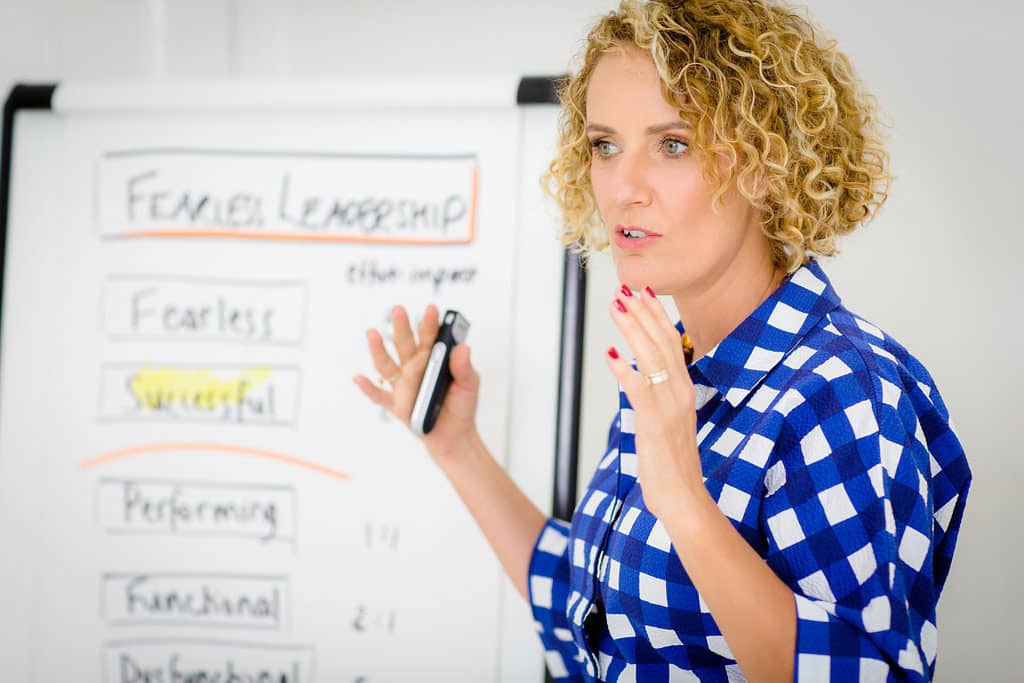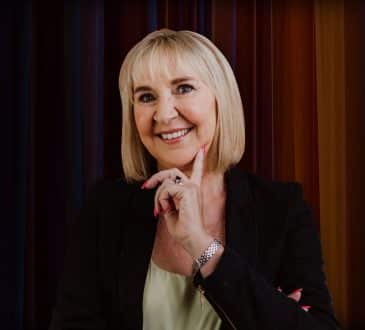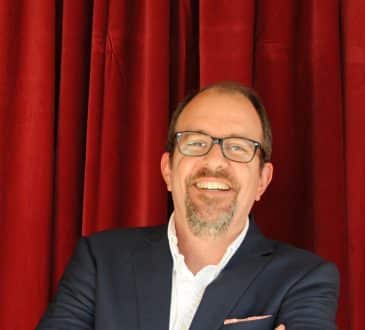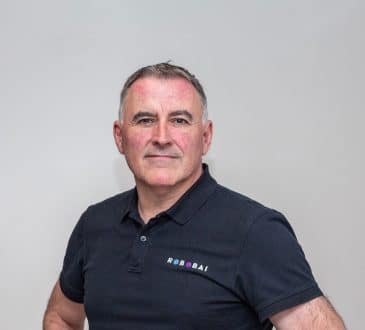How do CEOs find out what’s really happening?

What are you hearing? CEOs need accurate and unfiltered information to provide wise leadership and make good decisions: Is that what you get? Do your people tell you what they want you to know, what they think you want to hear or what’s really going on?
A recent Harvard Business Review article (Gregersen, 2017) Bursting the CEO Bubble: Why executives should talk less and ask more questions maintains that a CEO’s greatest responsibility is to recognise when a major change in direction is needed. Yet the power and privilege of being a CEO can leave you insulated from information that might allow you to detect that need for change. The antidote is to ask more questions.
Become a leader who asks
My latest book Leaders Who Ask: Building Fearless Cultures by telling less and asking more provides practical strategies for leaders to build engagement and accountability by adopting questioning techniques and developing coaching competencies.
When you ask thought provoking questions, not only do you learn what’s going on, your questions trigger insight in your people. Insight is that light bulb moment where the brain pulls seemingly unrelated ideas together and connects them in new ways.
Insights are valuable because they engage the brain’s reward systems and trigger dopamine release: a neurotransmitter known as the ‘happy chemical’ (Davis, et al., 2016). The simple act of searching for and finding our own answers rewards the brain. So by asking great questions, you learn more about what’s really going on, and your people are rewarded. Win–win!
Only last week, I worked with an executive leader who was blindsided by 360-feedback she had been given indicating that people felt she was overly directive and didn’t listen. She was adamant she asked questions. And she did. But she asked leading questions that either steered the conversation in a particular way or displayed her pre-existing knowledge of the situation. Her questions didn’t feel like genuine questions of curiousity, and they didn’t lead to insight. Instead her questions felt like inquisitions and so she learned little from them and alienated her team.

What are they hearing?
A few weeks into a new CEO role, my client casually thought aloud to a few people in the office about the layout of the reception area. Later that afternoon, he left on an interstate trip. On his return a few days later, he was surprised to find the office layout completely changed. When he enquired as to why, he was bemused to hear: ‘We did what you asked.’
As the CEO, he was being ‘heard’ differently, and it wasn’t until his debrief with me that he realised that. Now he is more explicit in his communication, making it overtly clear when he is thinking aloud, asking questions of enquiry, or issuing an instruction.
Sue Desmond-Hellmann, CEO of the Bill & Melinda Gates Foundation, talked about avoiding ‘CEO disease’ (McGregor, 2015). When she was asked: ‘How do you remain accessible to people and not allow that sense of “she’s different from me” to seep in?’, she concluded:
- by having family or friends who help you make sure you don’t take yourself too seriously
- by inviting the hard questions, and feedback (positive and negative), and thanking people for their willingness to be critical
- by being overt on how you operate: ‘I made sure people in the company knew that I asked questions because I was interested, not because I thought there was something wrong’
- by being aware, that as CEO, you are treated differently.
As a leader, you are heard differently. Being self-aware, managing your state, and consciously signposting your communication will help you avoid ‘CEO disease’ and stay better informed.
What’s your ‘Ask:Tell’ ratio?
Here’s a simple way to build your awareness around questions. Monitor a conversation you have with someone who reports to you, and notice your Ask:Tell ratio.
- How often are you asking searching questions that cause people to think and lead them to new insights?
- How often are you telling them what to do?
- What possibilities might open up if you shifted that ratio?
Find out what’s really happening
To find out what’s really happening and avoid being ‘protected’ from information that might allow you to detect the need for change, ask more questions, and be aware of how you are heard by others.
Who will you talk with today? What will you ask? How will they hear you? What opportunities will that create?
Gregersen, H. (2017, March – April). Bursting the CEO Bubble: Why executives should talk less and ask more questions. Harvard Business Review, pp. 76-83.
Josh Davis, C. C. (2015). Why insight matters. Neuroleadership Journal, 5.
McGregor, J. (2015, December 21). The head of the Gates Foundation on combatting ‘CEO disease’. Washington Post.
Bring the best of the CEOWORLD magazine's global journalism to audiences in the United States and around the world. - Add CEOWORLD magazine to your Google News feed.
Follow CEOWORLD magazine headlines on: Google News, LinkedIn, Twitter, and Facebook.
Copyright 2025 The CEOWORLD magazine. All rights reserved. This material (and any extract from it) must not be copied, redistributed or placed on any website, without CEOWORLD magazine' prior written consent. For media queries, please contact: info@ceoworld.biz












